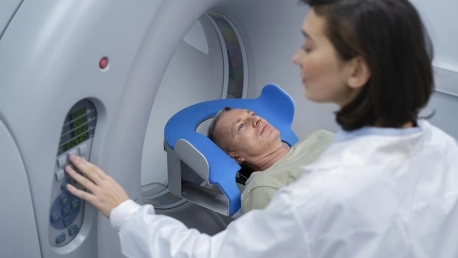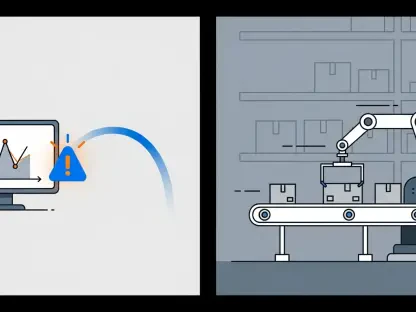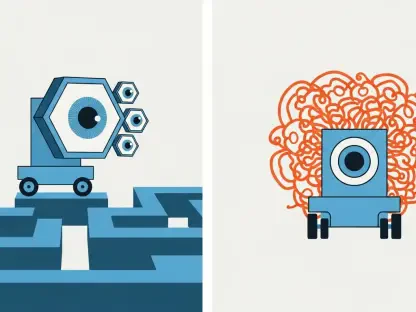In a striking leap forward for medical diagnostics, a newly developed artificial intelligence (AI) system is demonstrating its potential to transcend human expertise in the detection of prostate cancer from MRI scans. A product of extensive training with a massive dataset of over 10,000 patient MRI examinations, this AI tool has recently undergone a rigorous validation process using an additional 1,000 patient scans. The results are impressive: not only did the AI system slash the number of false positives by half, but it also reduced the identification of clinically insignificant prostate cancer by a significant 20%. These findings signal a shift towards more judicious and nuanced approaches to cancer diagnosis, significantly curtailing the risk of overdiagnosis and avoiding unnecessary biopsies that could lead to patient anxiety and strain on healthcare resources.
A New Era of Diagnostic Precision
The published study in The Lancet Oncology spotlights a technology born from the collaborative efforts of an international team, including the prestigious Radboud University Medical Center in the Netherlands. This AI’s capabilities were pitted against the skill sets of 62 radiologists from 20 different countries, and the comparison unearthed a groundbreaking revelation—that AI is equally skillful at identifying more aggressive forms of prostate cancer. This insight suggests that AI could revolutionize standard screening procedures, paving the way towards more efficient, precise, and arguably, humane cancer care. The technology offers a glimmer of hope for the countless individuals faced with the anxiety-inducing process of cancer screenings, promising a future where early detection and treatment are more accessible and less invasive.
The Future of Cancer Screening
At a pivotal moment for the UK’s healthcare, AI advancements are playing a crucial role, especially with the push for incorporating cutting-edge diagnostic technology into national screenings. The UK is actively testing new methods, such as MRIs, alongside established prostate cancer PSA blood tests in an extensive trial. Prostate cancer, the most common among UK men, underscores the urgency for early and precise diagnosis—often a determining factor between life and death. Catching the disease early significantly boosts survival odds, as the initial stages are more amenable to treatment. Integrating AI into healthcare could not only streamline processes and potentially raise the bar for patient care but also revolutionize cancer diagnosis and treatment. We’re looking at a shift towards a non-intrusive, accurate, and more empathetic medical approach.









